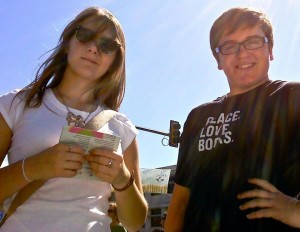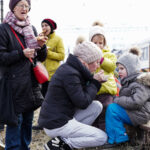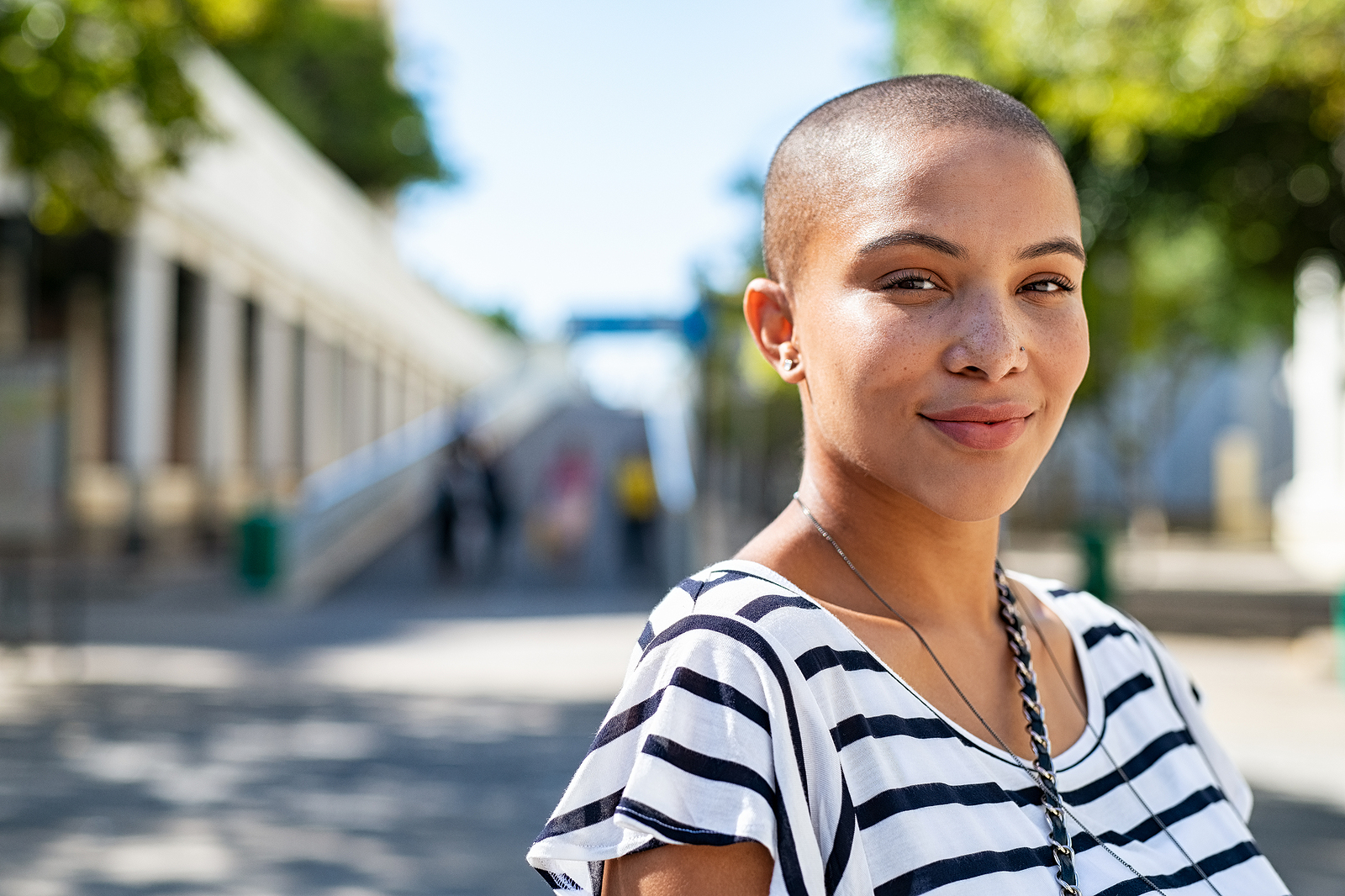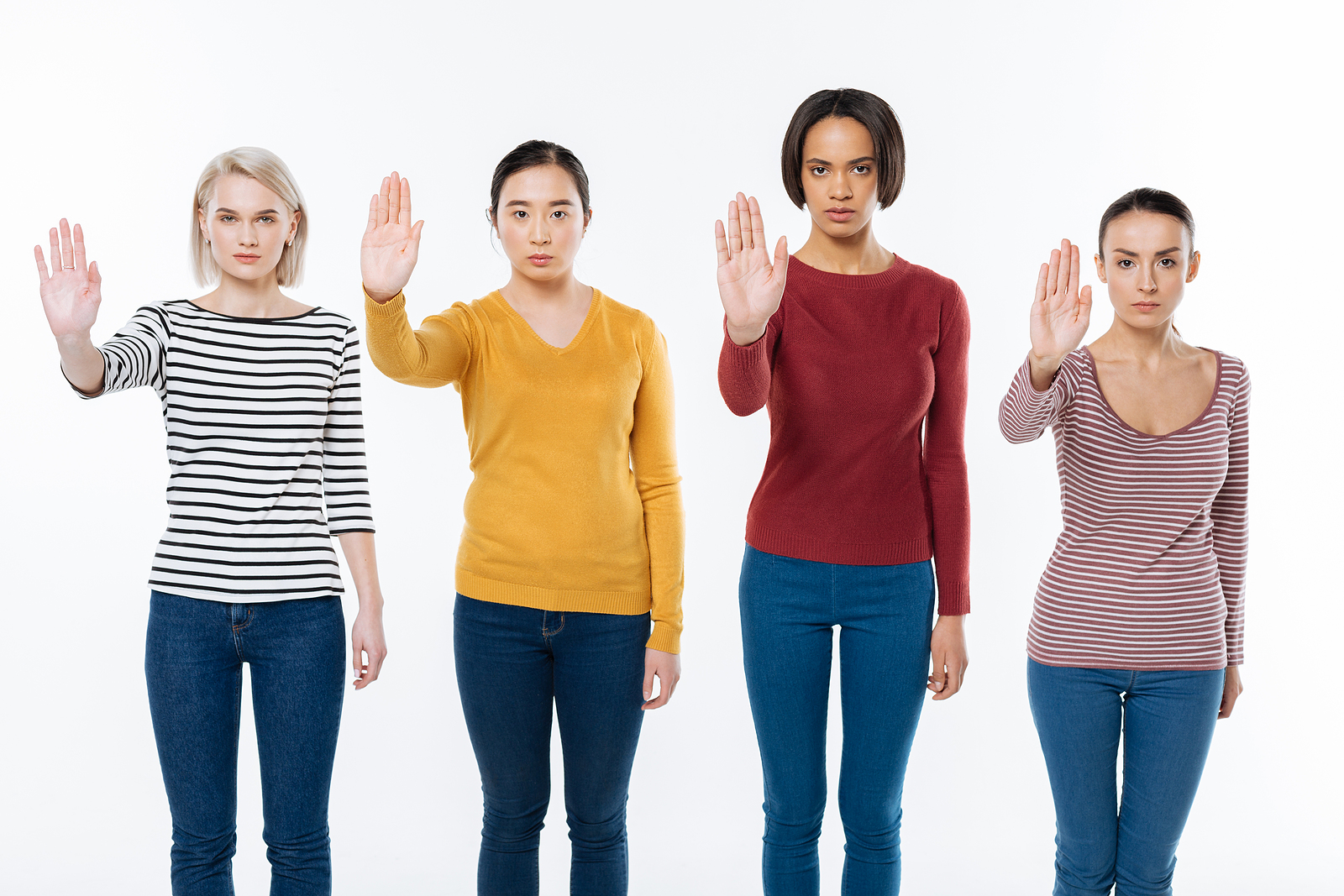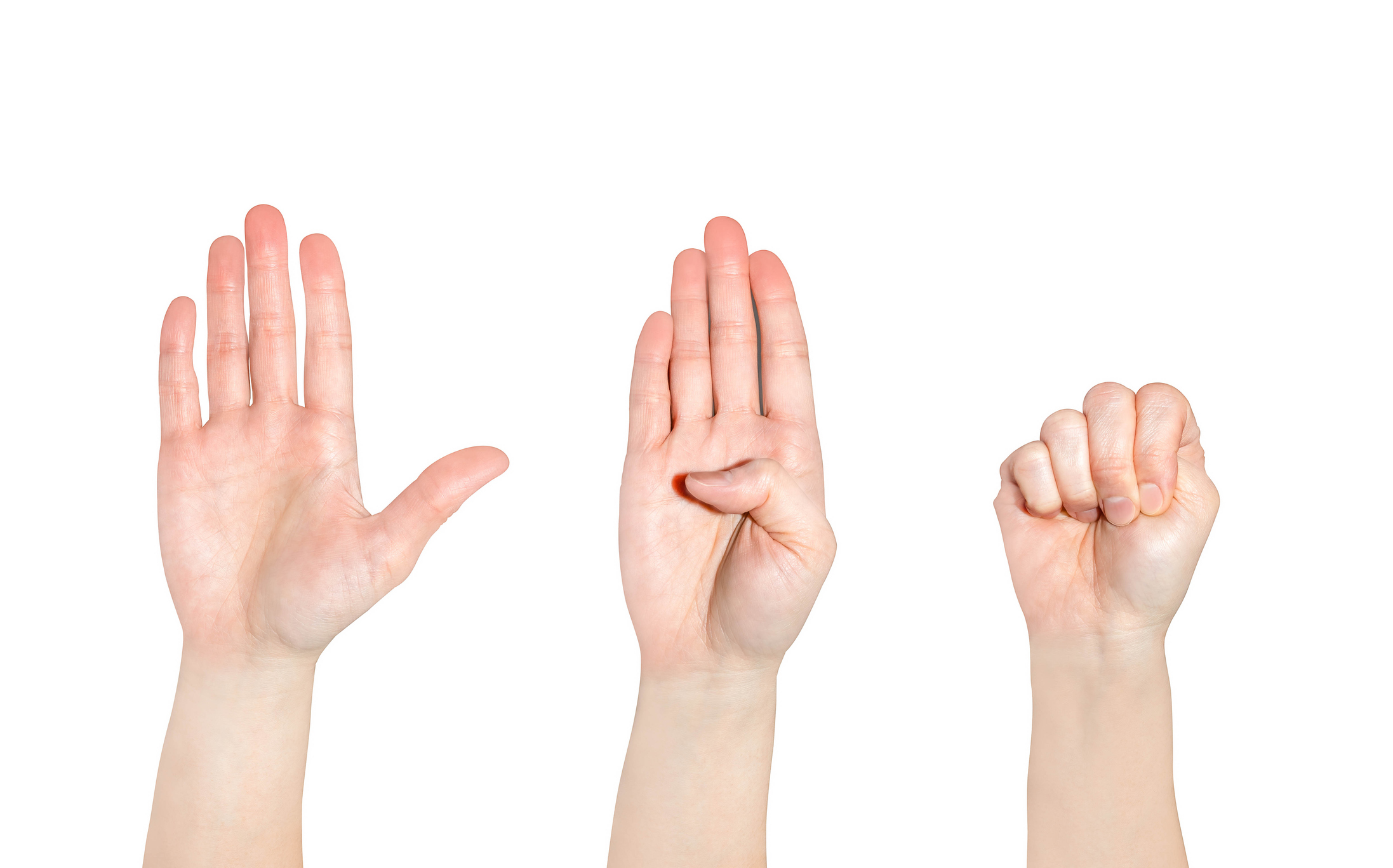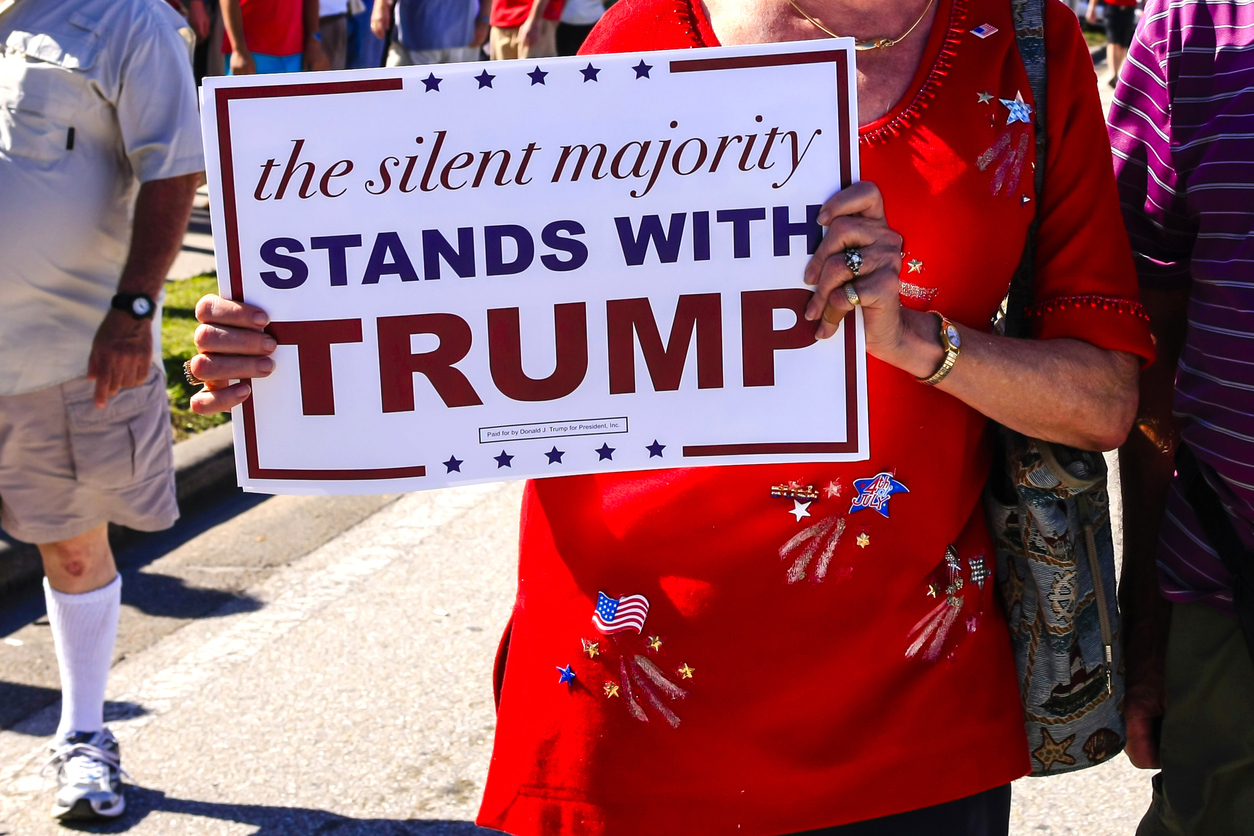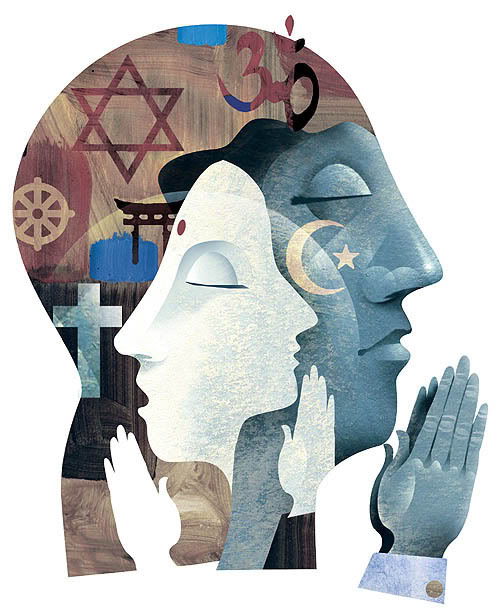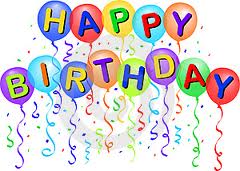by Dylan Magruder
Hank and I snuck away from his house with two six packs of beer from the convenience store down the street and glasses we took from my cabinets. We had a tradition of going out into the fields next to his house, lying in the grass so that we could see the stars and pretend to be intellectuals. Hank’s neighbors grew corn, and he knew a spot among the vegetables, a circle where there was nothing but grass. We pushed through the rows. They were thick and the stalks snapped back at us as we pushed them aside. Inside the circle was cool. There was grass on the ground, already starting to collect morning dew. The moon cast light, corn-shaped shadows on the ground where we put down the beer and the glasses. We sat in the middle of the circle. I looked out at the edge where the corn moved in the wind.
I heard the crack of a beer cap leaving a bottle. I sat up and saw Hank, pouring into the two glasses on the ground. The drink splashed back into itself as it rolled against the side of the glass and filled the air with the smell of alcohol. When it was full, Hank handed me a glass. He knew about alcohol, more than I did, at least. I took a sip of it, light and thicker than water, and tried to hide my face from Hank. It tasted bitter, at first. I puckered, turned away, and gulped it down. I felt warm and light as the beer went down. I turned back to Hank.
“It gets easier,” he said. He laughed, and tilted his head back. “It goes down easier the more you drink.” I took another sip, grimaced, and forced it down. He did the same but kept a straight, pleasant face. The wind picked up, and the corn stalks swayed around like a single, enormous creature. We drank more as the wind went and the stars became clearer.
Hank lay with his back against the grass, staring up at the sky. A helicopter flew over us; the noise interrupted the sounds of the wind and the corn and of Hank pouring me another glass.
I noticed the crickets. It was long since the sunset, and I knew that they must have been chirping for hours, but they entered my consciousness only in the moment that enough beer was gone and enough trouble went away. I looked around for the insects, invisible, hidden just beyond our little clearing. We had a cricket problem at my first house. At night, the noise interrupted our sleep, loud and scary. When the kitchen lights went on, in the middle of the night, hundreds of little bugs hopped and scurried away into crevices and dark corners. When we opened the dishwasher, when we got up from dinner, crickets leapt out from between our dishes. We jumped back. Sometimes, we yelped.
My father tried to fix the problem. He tried to show off for my mother by killing the insects. When she found one in the kitchen he swooped in and killed it in a second, smacking it with a newspaper or a shoe, but the problem persisted. He spent days poisoning every surface in the house. Before they went into the dishwasher, he made us spray our plates and bowls with cricket poison. He left bits of food around the house, soaking in chemicals that he insisted were poisons only to insects. None of it worked. The crickets didn’t die. Perhaps the food made more of them come. Perhaps it made them mate. Either way, the cricket problem grew.
Exterminators were called, many of them. Every time one left, the crickets died down, and for a few days or weeks, we would go without the bother. At night, the noises would stop. Then, under a couch or behind a book case, one of us would find them. Small colonies that grew in tiny places. After we found them, after they escaped, they covered the house and the noises started again.
“Buy a new house,” an exterminator said. He was the last of eight, and we took his advice.
We got the beer in the Drop In convenience store. It was a small store down the street from Hank’s house, and the owners liked Hank enough not to ask for his ID when he wanted drinks. When we got it, we told each other we’d drink a couple of bottles each. By the time the dark line was nearing the bottle’s bottom, I was aware that he drank more than I. As I drank the last drops from the bottom of my glass, I watched him pour himself a fifth, out of the corner of my eye. I’d only seen him drink once before, at a party. Then, when everyone drank until they dropped or the party stopped, he had just one beer.
I had the sudden urge to get drunk, to out drink him. I grabbed the open bottle and started drinking from it. I grabbed my throat. It was a gut reaction—I guess I thought it would stop me from throwing up. I kept drinking, stopping only to breathe. The bottle went dry. I felt light, like I could just blow away and not have to think about anything anymore.
His t-shirt contoured his body as he lay on the ground, dipping down where his rib cage ended and resting on his stomach. He wore a long, charcoal peacoat, unbuttoned which looked black in the darkness. His glass lay on its side. His head turned and he smiled at me, an odd, one-sided smile. I was sitting up, my back erect and my legs together, I lifted the glass to my lips. He winked. My face got hot and red, and I looked away.
I heard him roll, another cap crack, and the beer flow. The stars were bright and clear. I stared at them and tried to make some of the patterns I learned about in elementary school appear from the randomness. I looked around and found Orion’s Belt, and there was his arm, holding a club. I couldn’t remember the story of the club, of his intentions, so I made it up. I pretended he was the hunter, or the warrior, the leader of his village in the sky and that all of the other constellations were following him. I imagined that his village in the sky was at war with the villages of another. I imagined Orion’s army of underdogs, yielding clubs and dippers against the army of Cassiopeia, with terrible weapons. In my mind Orion won, striking down Cassiopeia as the battles ended. Hank hiccuped and rolled over, laughing.
“What?” I asked.
“You’re talking to yourself,” he said. I forced my mouth shut and turned red. I drank some more. Bitter, like all the rest, but then the bitterness went away and I was warm and tired and slow.
Hank had something to tell me. He was taking breaths, as though beginning a sentence. Sometimes he made noises, the starts of words. He was waiting to tell me something important, something unexpected and changing. I waited for him to say it. When it happened, it was not a wave, breaking after a moment of hesitation, it was a mouse in the face of cats and traps, small and afraid. It was the sound of library talkers and secret tellers. It was a whisper.
“It’s a secret,” he said. He knew that I was waiting, and I knew that it was a secret. Of course it was. If not, I would not be drunk, and we would not be surrounded by corn, and the crickets would not be so loud, drowning the sound of his voice so that only I could hear. I nodded. He moved his body close to mind. I could feel his breath on my ear. I turned my head and saw my unknown coming reaction in his eyes. When his lips moved and the words came out, I almost couldn’t hear it. The breath came out and raspy whispers formed words. I paused. He paused. The wind and the corn and all but the crickets paused. There was not enough beer.
________
Dylan studies Creative Writing at the South Carolina Governor’s School for the Arts and Humanities. He pretended to be straight for a while, but it wasn’t really working–he just gave up. He loves Buffy the Vampire Slayer, Matthew Dickman, and Her Royal Highness Catherine the Duchess of Cambridge almost as much as he loves writing. He writes in the mornings, the evenings and when George Singleton tells him to. When he can’t write, he reads Dan Choan, Dale Ray Phillips, and watches more Buffy.

